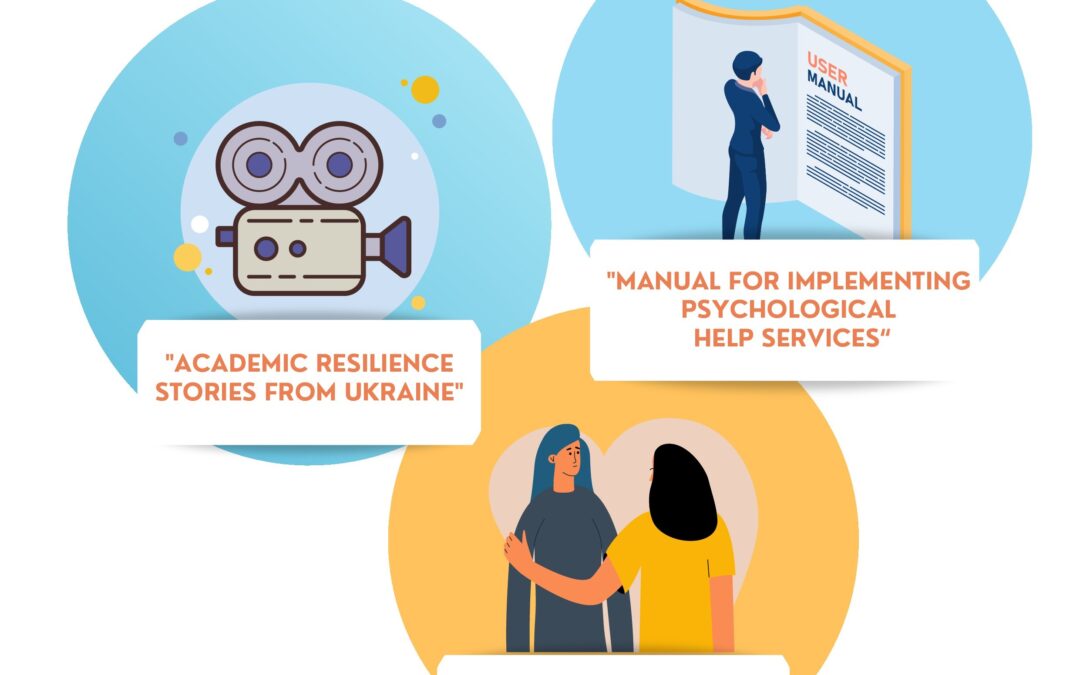Because of the Russian aggression, Ukraine’s Higher Education system is facing a series of challenges: damage to academic buildings, interruption of ordinary university activities, need to find shelters for students and academic staff, relocation of universities based in occupied territories and many others.
Because of the war, around 58 scientific institutions suffered significant damage to their property and premises, which amounts to nearly 15% of the research infrastructure of HE and research institutions. These numbers are still increasing [European University Association, Impact of the Russian Federation’s invasion of Ukraine on the Ukrainian higher education sector, 2022, p. 3].
The outbreak of the Russian-Ukrainian War also limited the fair accessibility and participation of many students in their educational system. The conflict forced many universities to reorganize their academic activities, shifting most of them online and placing students in the same difficulties experienced during the COVID-19 pandemic: unequal access to lessons, isolation, psychological distress, and lowered quality of educational outcomes.
A study of the mental and emotional impact of the conflict on Ukrainian university students and personnel found that 97.8% of respondents had worse psycho-emotional outcomes with higher depression, loneliness, nervousness, and anger [Kurapov et al., 2022].
In this context, the Academies4Ukraine project, funded by the European Union Programme Erasmus+ in 2023, aims to strengthen the resilience of the Ukrainian and European Higher Education System. More in detail, the project will implement three project outputs:
(1) “Academic Resilience Stories from Ukraine” documentary film. The documentary film will collect interviews with Ukrainian students and researchers, and European universities who supported them, in sharing resilience academic stories;
(2) “Supporting the everyday well-being and sense of belonging of Ukrainian students during wartime”. Thanks to Helsinki University’s experience in the field, a best practice will be shared to inspire the academic system to offer academic services to support the everyday well-being and sense of belonging of university students, especially those who come from war, conflicts and crises;
(3) “How to implement a university programme to support university psychologically” handbook. The handbook will be a kind of “tactical” manual to implement from scratch, or to strengthen, a psychological support service for university students.
Academies4Ukraine academic solidarity project concept is by Gianluca Vagnarelli, i-strategies founder. The project is implemented by an international partnership made of six European partners: i-strategies (Italy, project coordinator), University of Helsinki (Finland), Riga Technical University (Latvia), Uman State Pedagogical University (Ukraine), Kherson State University (Ukraine) and Odesa National University of Technology (Ukraine).

